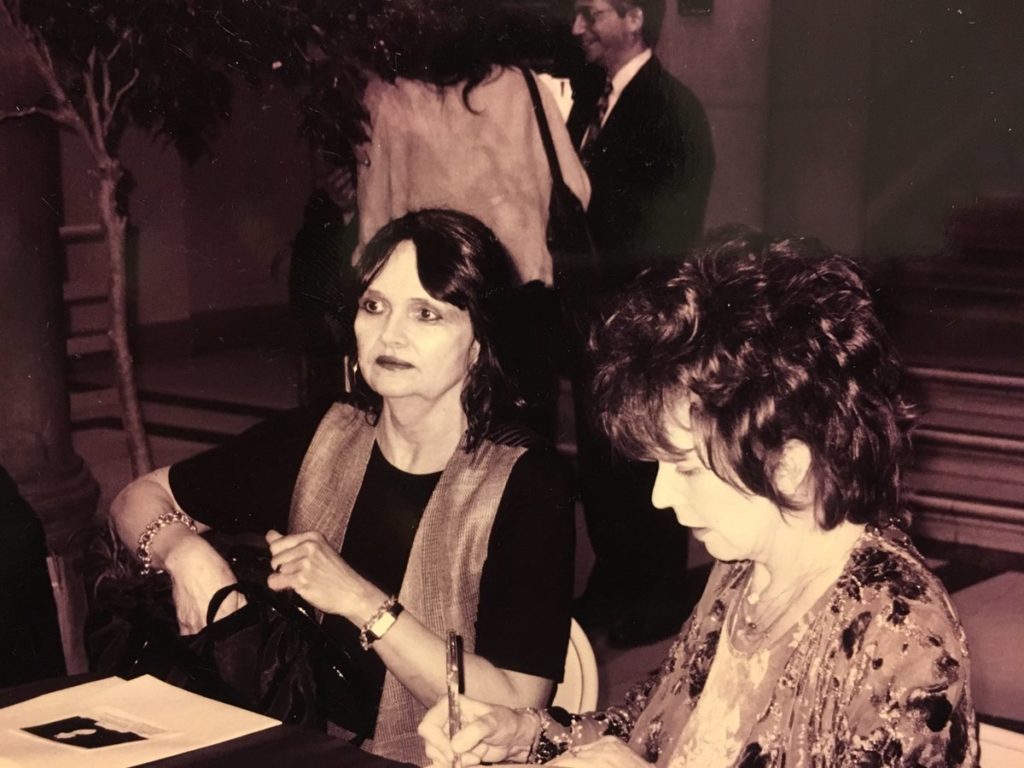Girl
By Edna O’Brien
Farrar, Strauss and Giroux
New York
2019
$26.00

Reviewed by Sabina Clarke
In a dazzling display of ferocity, genius and a triumph of imagination Edna O’Brien tackles a difficult tale telling the story of the 276 Nigerian school girls kidnapped by Boko Haram jihadists in the Nigerian town of Chibok in April 2014—through the articulate voice of Maryam the young Nigerian girl of the book’s title.
That O’Brien even undertook the arduous journey to Nigeria not once but twice is amazing in itself for someone in her eighties and to a world far-removed from anything familiar—an unknown territory both geographically and culturally.
And to add a bit of dash, intrigue, brazenness and common sense—she carried with her wads of cash hidden in her person to avoid customs knowing this would be needed to gain access to doctors, aid workers, trauma specialists and local journalists she needed to interview in researching her book. And through these contacts she met some of the girls whose stories she absorbed and transformed into one single powerful narrative—the voice of Maryam.
The novel opens with Maryam’s plaintive wail, “I was a girl once, but not anymore.” This is a story of brutal rape, abduction and imprisonment. Maryam is captured, abducted and married against her will into Boko Haram. She witnesses and suffers unimaginable atrocities and is soon impregnated but does not know who the father is, “There is only Babby and me now. She cries from the pit of her empty belly, hoarse savage cries and I say to her. ‘You have no name and no father.’ I bark at her. Sometimes I want to kill her.”
O’Brien details the savagery that Maryam and other girls were subjected to in brutal chilling detail. After a particularly horrific experience, Maryam says, “Did God witness what happened and did he write it into his big ledger for the Day of Judgement. Oh God empty me of him. Is that too much to ask. Will I ever know the language of love. Will I ever know home again.”
Some scenes in the book are ghoulish and shocking in their detail such as the grisly recounting of a scene where the wife of the chief emir is stoned for adultery, “She was like some ghoul now, a mimicry of who she once had been, bleeding on one side and shredded on the other”…“it was almost evident that she was gone and her eyes which have been shut tight opened in a clench, opened to a knowing, aghast goggle…the strangest thing of all was her hair, so long and luxurious, it seemed to bristle with life.”
This is not an easy book to read or a pleasant tale to tell but O’Brien’s vast trove of linguistic gymnastics are on magnificent display while the horror of this tale is captured in full.

